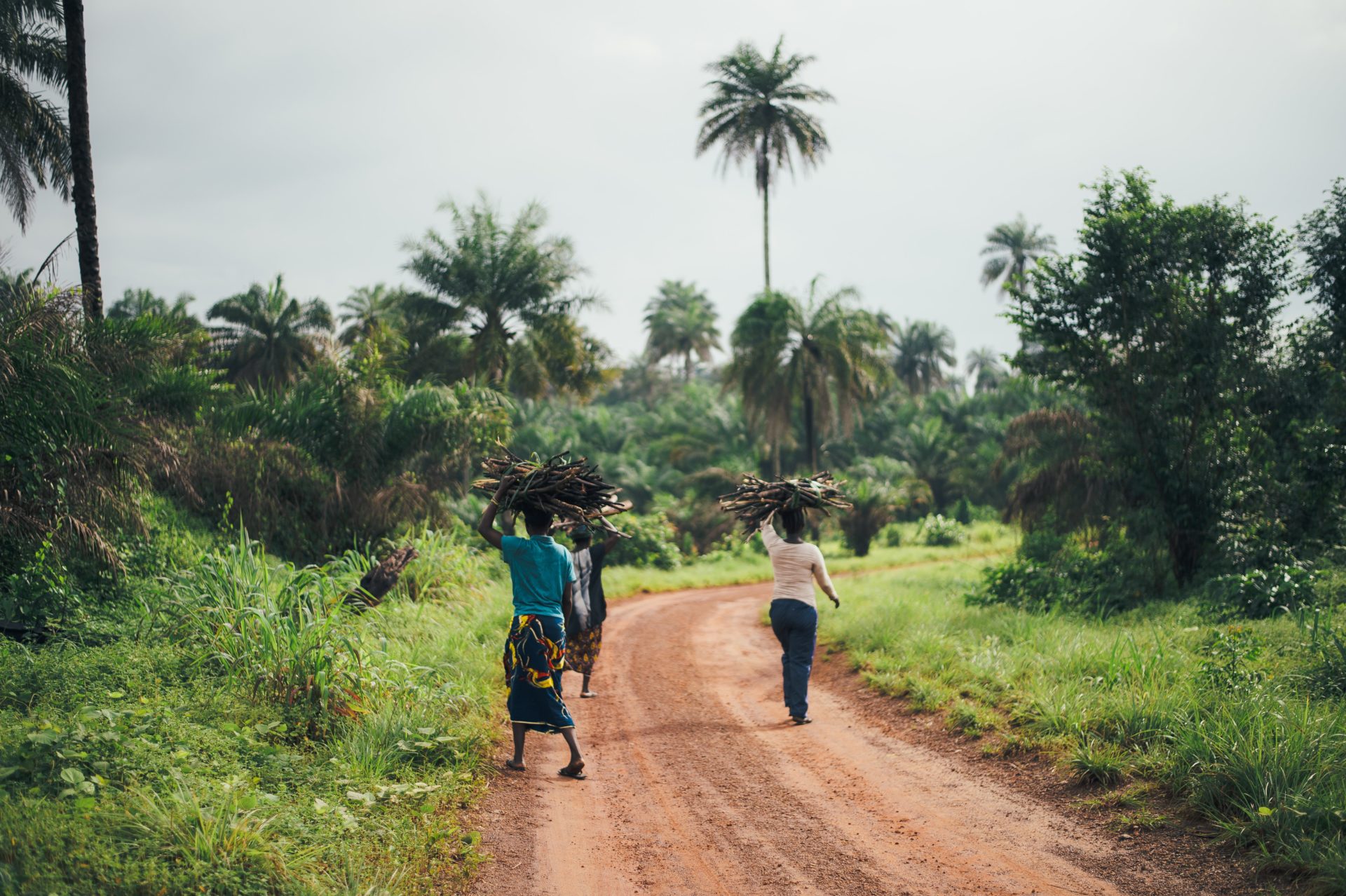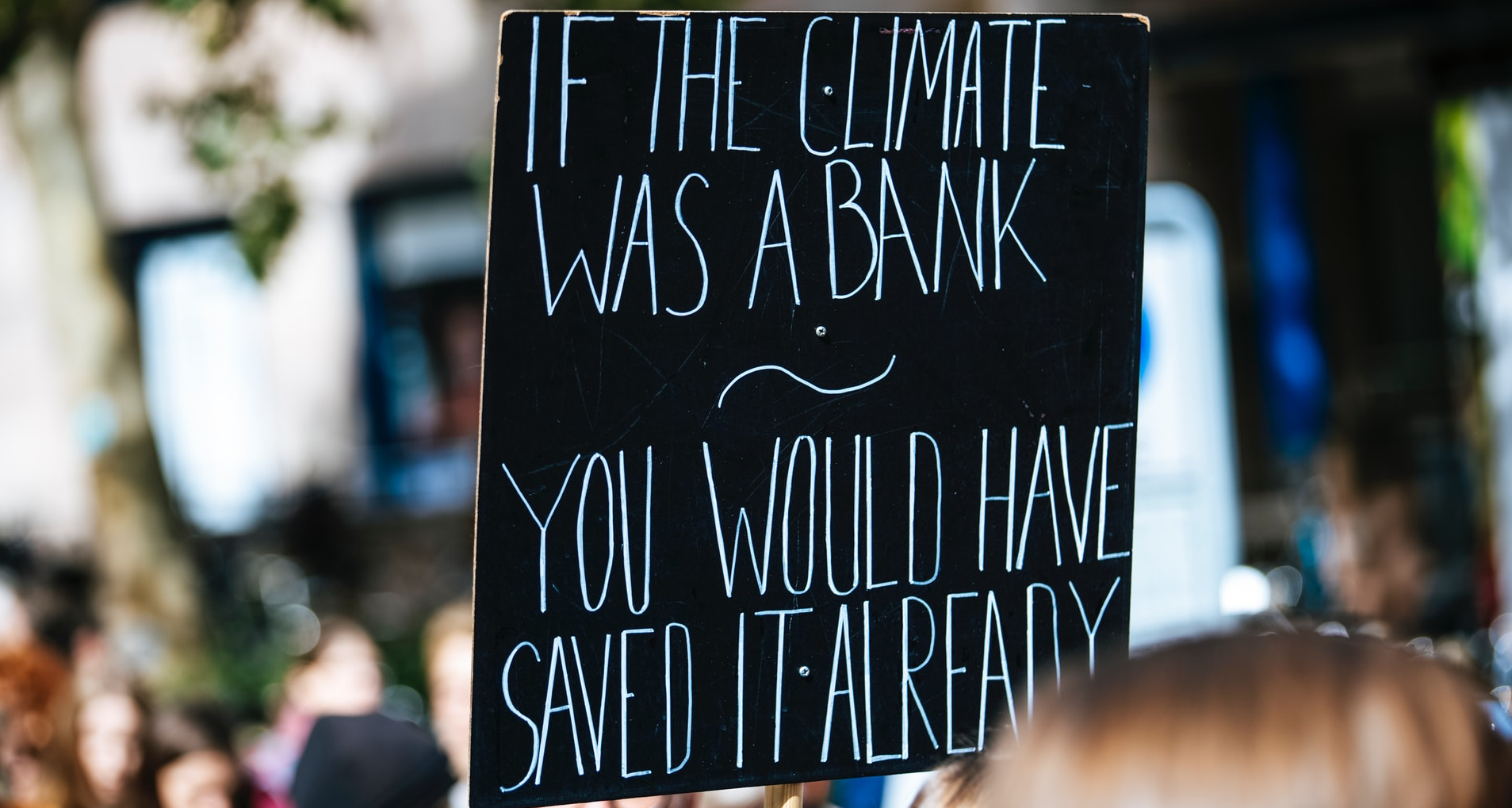The impact of the COVID-19 pandemic on women
We are living through a very critical time in history and now, more than ever, it is crucial to protect and preserve the rights of women and girls. For decades, we have made considerable progress in terms of women’s rights. We must now double our efforts and ensure that these efforts are not wasted. Although the new coronavirus, which was born in Wuhan (China) in December 2019 and has subsequently spread all over the planet like wildfire, mainly affects men, it nonetheless has had devastating social and economic consequences for women and girls. The collapse of markets and business closures have led to the disappearance of millions of jobs held by women. Containment measures imposed in response to the COVID-19 pandemic expose girls and women to an increased risk of domestic violence and cut them off from essential protective services. In many countries, there has been a sharp increase in the number of reported cases of domestic violence against women.
The severity of these consequences for women depends on the quality of health systems, which vary from country to country. This is evidenced by the new guidance note from the Economic Commission for Africa (ECA) titled: “The gendered effects of health emergencies: the effects of the Covid-19 epidemic on the well-being of women.” This document reports that the availability of good health care systems reduces the burden of care for households, especially women who assume the majority of unpaid activities in the home, including caring for the sick.
Infrastructure is vital to tackling the effects of health shocks and the COVID-19 pandemic on households and communities. The negative effects on the health, time, and well-being of women are exacerbated due to the low levels of access to electricity and the scarcity of drinking water sources. This leads women and children to devote a significant amount of unpaid working time to collecting wood and water (Benin: 25%; Ghana: 16%), and in doing so, likely increases other harmful effects on health associated with COVID-19.
Women are more likely to be forced to give up economic activity due to school closures and the responsibility of caring for young children and the sick. This also contributes to increasing financial inequalities. The increased unpaid work responsibilities of women add to their current burden. In Africa, women spend between 2 and 11 times more time on unpaid work than men.
Under these conditions, it is clear that the Covid-19 may jeopardize the decisive progress made in terms of gender equality and the rights of women and girls – hence the need to place women’s leadership and contributions at the heart of resilience and recovery efforts.
Furthermore, as if that were not enough, the COVID-19 pandemic has resulted in a horrific outbreak of domestic violence in the Western world for thousands of women and children, for whom the home is not a safe place. According to the United Nations report on the response to COVID-19, “almost one in five women worldwide has experienced violence in the past year. Many of these women are now trapped at home with their abusers, and have difficulty accessing services that suffer from cuts and restrictions.

In France, this outbreak was notable from the first week of confinement. In the gendarmerie zone, this violence increased by “32% in one week, and, in the area of the Paris Police Prefecture, it increased by 36% in one week.” The emergency measures adopted since then have left those who have long worked on gender-based violence skeptical.
This phenomenon has quickly become global. In China, the cradle of the epidemic which is gradually emerging from a drastic quarantine of several weeks, the association for the defense of women’s rights “Weiping” has reported that violence has tripled. There has been a 25% increase in web calls and reports in the UK, a 16% increase in calls in Spain, an increase of 40-50% in Brazil and 20% in Texas.
“It is not recommended to go out, it is not forbidden to flee,” repeats the feminist collective “Noustoutes” on social networks.
It should also be noted that the COVID-19 pandemic does not have only negative consequences for women. This is the case in Mali, where women interviewed by journalists from the national television, ORTM, appreciated certain restrictive measures taken by the government in the fight against the virus, such as the introduction of a curfew, from 9 p.m. to 5 a.m., which has prompted men to come home early. This is appreciated because the husband, head of his family, will spend more time with them and their children, and discover certain family realities, particularly related to children’s behavior.
Ultimately, to mitigate these potential impacts:
►Special efforts should be made to make compensatory payments to informal sector employees , who are disproportionately women in developing economies;
►It is important to ensure that hotlines and services for all victims of domestic violence are considered “essential services” and kept open, and that law enforcement officials are made aware of the need to respond to calls from victims as proposed by UN Women;
►Women’s participation in and access to decision-making positions in public health and emergency response should be encouraged to ensure that the needs of women and girls are properly taken into account;
► It is important for national governments to develop gender-sensitive policies to ensure that future public health emergencies take into account the different needs of men and women, while favoring a gender-sensitive approach. Gender-based budget space, combined with gender-based budget planning will ensure that enough resources are channeled to the health and social sectors to compensate ordinary people in difficult times.
In conclusion, these factors led the Secretary General of the United Nations to urge member states to place women at the heart of the fight against the COVID-19 epidemic on April 9th. Measures to protect and stimulate the economy, whether in the form of cash transfers, credits or loans, must target women. Social safety nets need to be expanded. Unpaid domestic work must be recognized and valued as a vital contribution to the economy. COVID-19 is a critical time for humanity and especially for women and girls. The economic challenges that have arisen during the epidemic pose a serious threat to women’s work and business activities, and expose them to increased risks of exploitation and/or abuse, in addition to domestic violence. Now more than ever it’s important to protect and preserve the rights of our women and girls to better fight the COVID-19 pandemic.
This article authored by Fatima Al Ansar, Diplomat and Analyst, Head of Mission at Ministry of Foreign Affairs and International Cooperation at the Center for Strategic Studies Mali.
https://www.un.org/africarenewal/news/coronavirus/eca-policy-brief-spotlights-women’s-wellbeing-and-health-care-systems-amidst-covid-19-pandemic
https://www.un.org/africarenewal/news/coronavirus/eca-policy-brief-spotlights-women’s-wellbeing-and-health-care-systems-amidst-covid-19-pandemic
https://www.un.org/en/un-coronavirus-communications-team/put-women-and-girls-centre-effo https://www.thelocal.fr/20200401/the-measures-to-help-domestic-violence-victims-trapped-by-frances-lockdownrts-recover-covid-19
https://www.franceinter.fr/monde/les-signalements-lies-a-des-violences-contres-les-femmes-explosent-un-peu-partout-dans-le-monde




